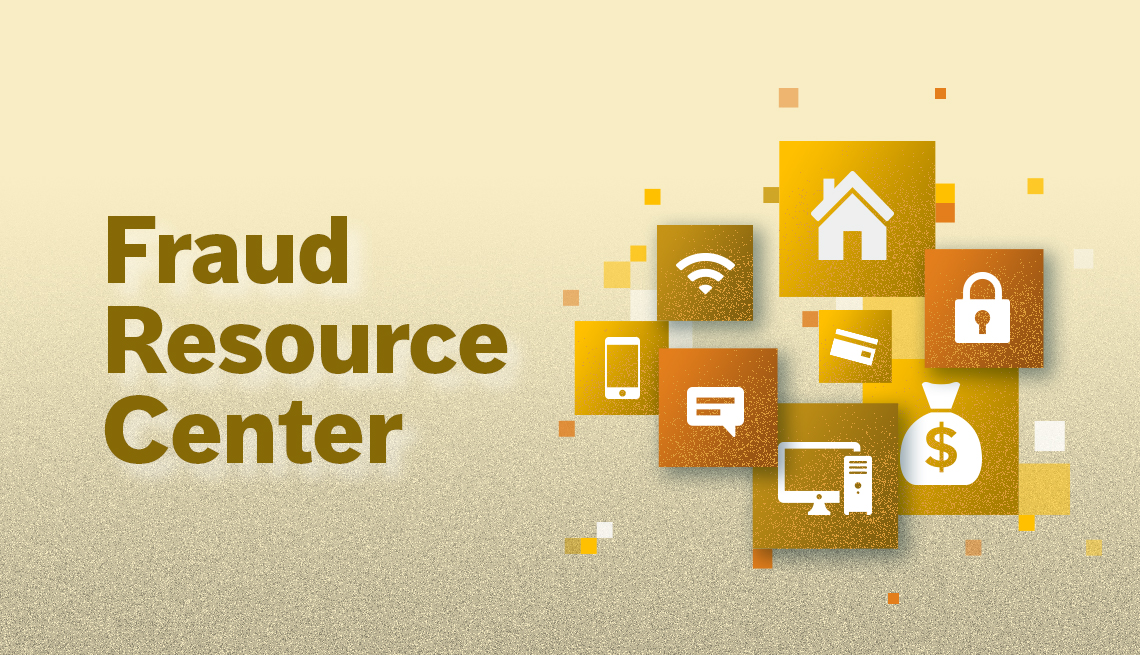Your Tax ID Could Be Used for Identity Theft
- Select a language for the TTS:
- UK English Female
- UK English Male
- US English Female
- US English Male
- Australian Female
- Australian Male
- Language selected: (auto detect) - EN

Play all audios:

Facebook Twitter LinkedIn
As with many unpleasant things, we often put off doing our taxes until the last minute. But as much as you don’t want to face those 1040 forms, there’s one very good reason to file well
before April 15: It’s your best defense against tax-related identity theft.
Tax ID scams usually work like this: Someone who has obtained personal information such as your Social Security number and date of birth files a tax return in your name. They do so as early
as possible, because the scam relies on the phony return getting to the Internal Revenue Service (IRS) ahead of the real one. By the time you file, the fraudster may have already gotten a
refund, and you won’t know you’ve been victimized until you get word from the IRS (electronically or by mail, depending on how you filed) that it already has received “your” return.
Your tax data can be stolen in a number of ways: theft of mail or tax returns, corrupt tax-preparation services, phishing emails from impostors or hacks of tax firms and employers’ personnel
records. Some criminals file in the name of deceased taxpayers, or steal children’s identities to claim them as dependents. Another twist: They might use your tax ID to get work, leaving
you to deal with the IRS when his or her earnings aren’t declared on your return.
And fraud perpetrators are developing new ways to use your tax info to enrich themselves. For example, they may file a fake return, have the refund deposited in your bank account, then
contact you, posing as IRS agents or IRS-hired debt collectors, to reclaim the erroneous payment. As with identity theft scams generally, it pays to be proactive in safeguarding personal
data.
Warning Signs